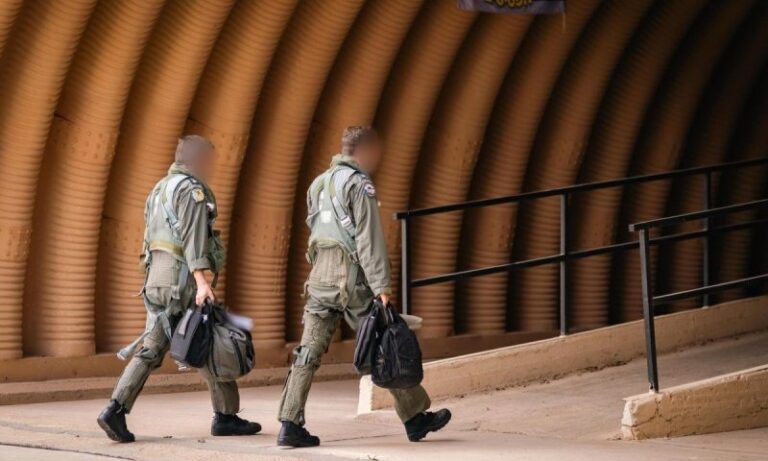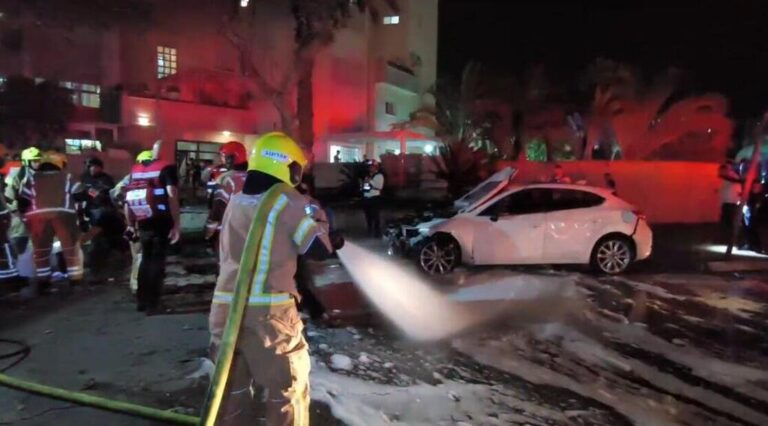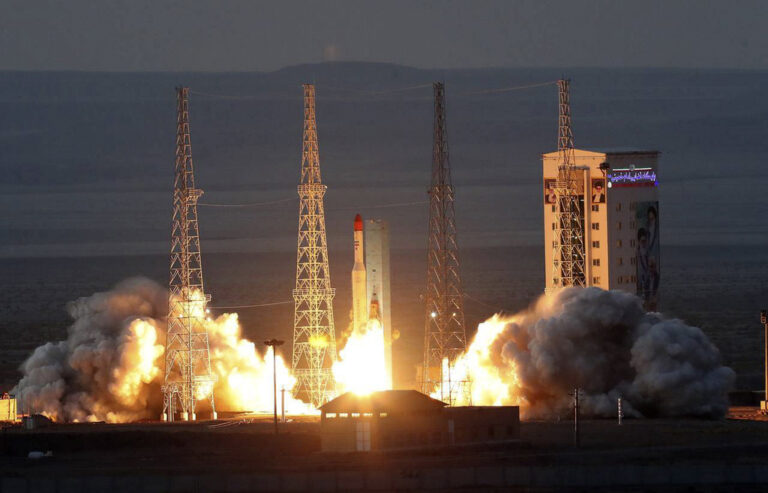Israel is bracing for the possible collapse of the Syrian army as rebel forces, led by the jihadist group Hayat Tahrir al-Sham (HTS), continue to make rapid territorial gains. Prime Minister Benjamin Netanyahu convened a high-level security meeting Thursday night to address the escalating situation, which Israeli military officials describe as increasingly volatile.
Reports from Israeli media suggest that the IDF now views the rebel offensive as a credible threat to Syrian President Bashar al-Assad’s regime. Channel 12 noted that Israel has been caught off guard by the Syrian army’s inability to stem the advance of jihadist fighters, who have recently captured key strategic cities. On Thursday, HTS seized Hama, a central city critical to Syria’s infrastructure, following their takeover of Aleppo last week. The rebels are now advancing toward Homs, a city that connects Syria’s most populous regions and serves as a gateway to the capital, Damascus.
Channel 13 reported that Israeli officials have warned rebel leaders to avoid approaching the Israeli-Syrian border in the Golan Heights.
Meanwhile, Defense Minister Israel Katz and IDF Chief of Staff Lt. Gen. Herzi Halevi held an emergency assessment with top military officials. The IDF issued a statement asserting its readiness for “any scenario in attack and defense” and vowed to “thwart any threat near the Syrian-Israeli border.”
Israel is also monitoring potential Iranian moves in Syria. According to Kan news, Israeli and U.S. intelligence agencies have detected signs of an imminent collapse within Assad’s forces. This raises concerns that Iran could attempt to bolster Assad’s regime with weapon shipments, some of which might end up in the hands of Hezbollah. Israel has reportedly issued strong warnings to Iran against such actions.
The U.S. has been briefed on Israel’s concerns, with officials highlighting the dual threat of a radical Islamist takeover and increased Iranian influence in Syria. An Israeli official, speaking anonymously to The Times of Israel, said that Israel’s primary interest is to see both sides—jihadist rebels and Iranian-backed forces—continue to weaken each other. “We are prepared for any scenario and will act accordingly,” the official said.
The Syrian conflict, largely stagnant in recent years, has flared up again with the rebel offensive, marking the fastest battlefield advances since the civil war began 13 years ago. The capture of Hama is a significant milestone for opposition forces, who had previously failed to seize the city in earlier phases of the conflict.
Footage broadcast Thursday evening showed jubilant rebels parading through Hama amid celebratory gunfire, while detainees were seen being freed from the city’s prison. HTS leader Abu Mohammed al-Julani has called on Syria’s religious minorities to abandon Assad, pledging protection under rebel rule. However, skepticism remains, as many fear the group’s jihadist origins despite its efforts to moderate its image.
The collapse of Syrian regime defenses has wide-ranging implications for the region. Israel fears that instability near its border could lead to a security vacuum, enabling hostile actors to establish a foothold. At the same time, the swift rebel advances raise questions about the long-term viability of Assad’s rule.
(YWN World Headquarters – NYC)














